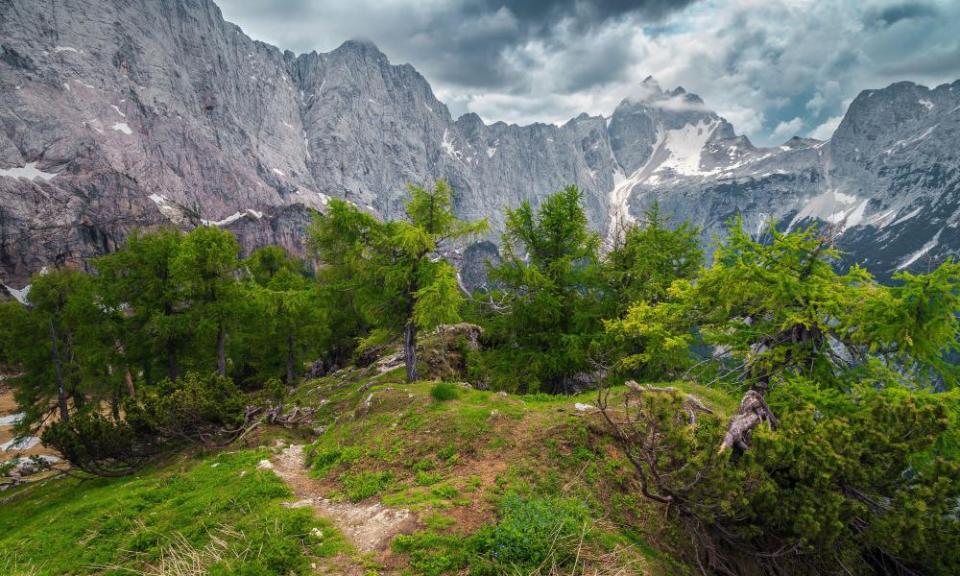On my radar: Yuval Noah Harari’s cultural highlights
Historian, philosopher and author Yuval Noah Harari was born in Israel in 1976 and completed his PhD at Jesus College, Oxford, in 2002. In 2014 he published Sapiens: A Brief History of Humankind, which went on to become an international bestseller. It was followed by Homo Deus: A Brief History of Tomorrow (2016) and 21 Lessons for the 21st Century (2018). He lives in Israel with his husband and works as a history professor at the Hebrew University of Jerusalem. On 2 June Harari will be attending HowTheLightGetsIn Hay, where you can catch him in conversation with Slavoj Žižek.
1. Fiction
The Women of Troy by Pat Barker
I really liked this book, which retells part of the story of the Trojan war and the Iliad from the viewpoint of the captive women. It was interesting to see how you can tell one of the most repeated stories, certainly in the western tradition, in a completely new way, just by adopting a new perspective. Pat Barker writes wonderfully – I’ve read most of her books. When she describes something, it feels sensory and concrete. You can imagine clearly what she’s talking about. I couldn’t put it down.
2. Musical
This was the last musical I saw before the coronavirus pandemic made it problematic to come to London and see them. I actually saw it four times on different occasions – it’s an amazing performance. I really connected with it: the whole musical is about the power of stories to shape the world and how a completely fictional story can impose itself on reality, for better or worse, and people’s entire lives and the social and political systems all get reshaped.
3. Nonfiction
Different: What Apes Can Teach Us About Gender by Frans de Waal
I’m reading this now. This was a safe bet for me, because every time Frans de Waal publishes a book I immediately read it, ever since Chimpanzee Politics, which came out 40 years ago and blew my mind. The new book is very timely and courageous in how he tackles some of the hottest topics of today – it goes right to the issue of sex and gender in biology and culture. I also really like his writing style: he is able to popularise scientific ideas in such a clear and engaging way.
4. TV
Young Royals (Netflix)
This series is about what happens when the crown prince of Sweden turns out to be gay. Fiction is at its best when it’s like a social experiment. Royal houses are built on the most traditional views of family, heredity, sexuality and gender. The first season didn’t take the experiment far – the royal family just shut the prince in the closet. I hope the second season breaks new ground and explores how a liberal royal institution might publicly embrace a gay crown prince: “Yeah, the prince is gay – get over it. So let’s think what it means in terms of royal marriages, succession and all that.”
5. Place
Alpe Adria Trail, Slovenia

Last year I did this trail from Kranjska Gora to Tolmin, and it was one of the most beautiful treks I’ve ever done. It was also interesting from a historical perspective because it runs roughly along the frontline of the first world war, between Italy and the Habsburg empire. It’s mind boggling to realise that hundreds of thousands of people died and were wounded there. When we think about the first world war, we usually think about northern France and the mud of Flanders. Walking between these peaceful forests and the Soča river and trying to think how it looked a century ago was quite surreal.
6. Sport

I’m really looking forward to this. It’s a shame that it’s in November and December because I’m planning to go to my yearly meditation retreat in December, so I’ll miss the final and semi-final. I enjoy the football World Cup both because I like the game and also because I think it’s an amazing example, for humanity, of how you can reconcile nationalism with global cooperation. People have fierce loyalty to their national team, but you can’t have a cup unless everybody agrees on the same rules. As a blueprint for the world, I think that’s a good example.

 Yahoo Movies
Yahoo Movies 
